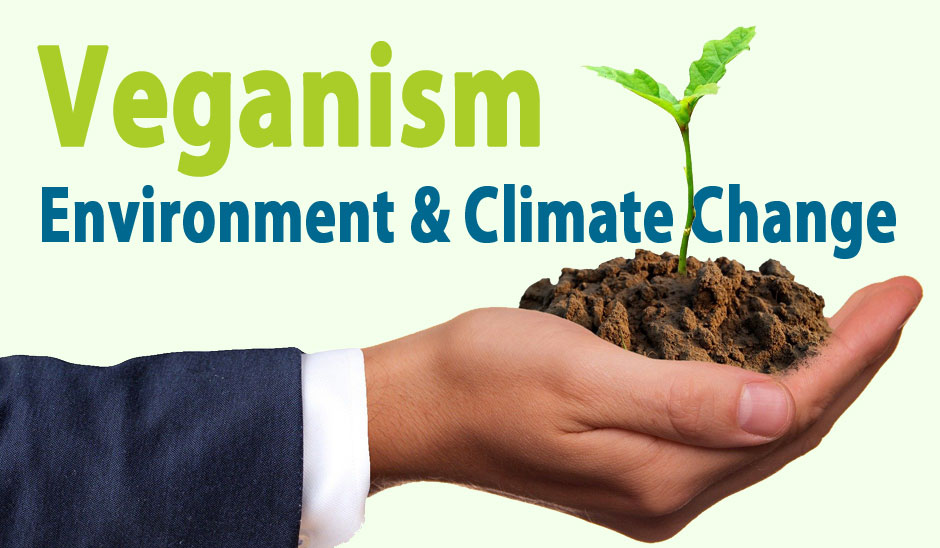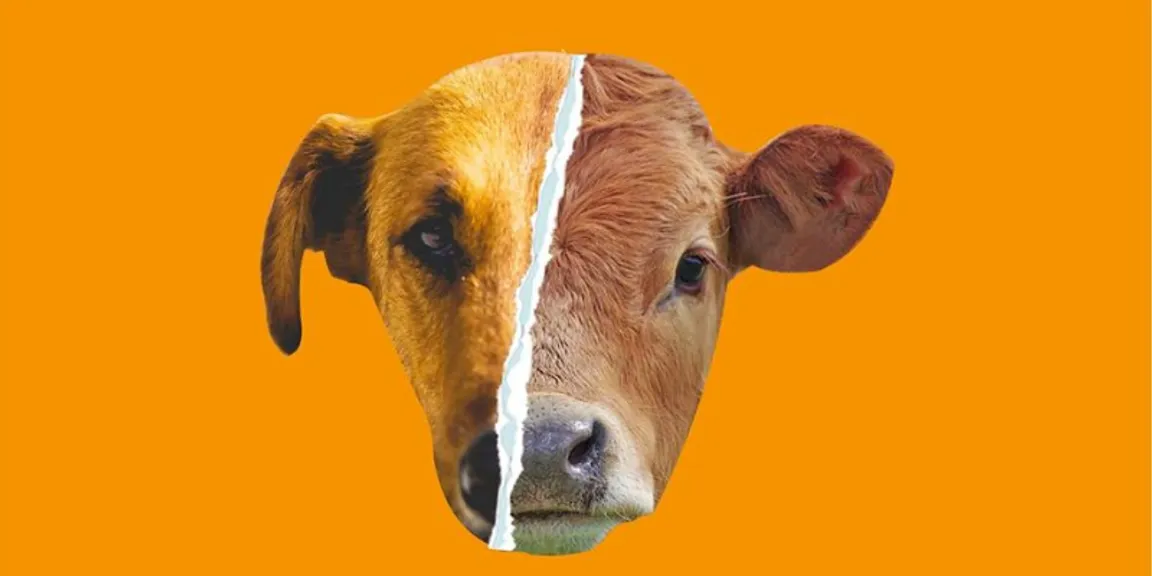Delving into a vegan lifestyle is rapidly becoming a trend, with a notable 20% of today's consumers keen on integrating more vegan or plant-based items into their daily eating habits. Plant-based food sales are growing at a rate nine times higher than overall food sales, leading to almost half of the major food companies dedicating resources to plant-based product development and distribution. Educational institutions are not far behind, with projections showing that by 2025, 42% of the menus in U.S. colleges and universities will be plant-based. Whether you're considering a permanent shift to veganism or simply exploring the concept, the journey to a vegan lifestyle is less daunting than it appears, and the multiple vegan lifestyle benefits, such as health improvements and reduced environmental impact, make it an appealing choice.
- Blogs
- Food-and-drink
- Embrace-vegan-living-a-complete-guide-65659f1e14e5bf000128cbc8
Embrace Vegan Living: A Complete Guide
Food & Drink • 28 Nov, 2023 • 2,51,628 Views • ⭐ 1.4
Written by Shivani Chourasia

Defining the Vegan Diet

What is a vegan diet? Simply put, it involves exclusively eating plant-derived foods. This means that vegans enjoy a variety of fruits, vegetables, beans, legumes, grains, nuts, and seeds, while consciously avoiding meat (including fish), dairy, eggs, and honey. The intricacies of veganism can be complex, but this constitutes the fundamental principle of a dietary vegan lifestyle.
Exploring the Advantages of a Vegan Diet

Adopting a vegan lifestyle brings a sense of fulfilment, opening up a world of new flavours and contributing to both personal health and environmental sustainability. Here are some key vegan lifestyle benefits.
Enhancing Personal Health

The health benefits of a vegan diet are vast: it significantly lowers the risk of heart disease, offers protection against various cancers, decreases the chance of strokes, reduces blood pressure, improves digestive health, lessens the risk of Type 2 diabetes, promotes healthier skin, and alleviates symptoms of arthritis, among others. Continuous research further underscores the numerous ways a plant-based diet is advantageous for our physical well-being.
Environmental Impact

Opting for a vegan lifestyle greatly reduces environmental strain. Traditional animal farming consumes extensive natural resources like water and land and contributes significantly to air and water pollution, deforestation, loss of biodiversity, and greenhouse gas emissions. In contrast, adopting a vegan diet is considered environmentally optimal, as evidenced by research from the University of Copenhagen, which found that it results in the lowest greenhouse gas emissions.
Animal Welfare

A major aspect of what is a vegan lifestyle is its compassionate approach towards animals. By reducing the demand for meat, eggs, and dairy, fewer animals are bred and slaughtered for food. This not only helps farmed animals but also protects wildlife by reducing the destruction of their habitats for animal agriculture. Moreover, a vegan diet aids in preserving ocean ecosystems by lessening the demand for fish and reducing harmful agricultural runoff.